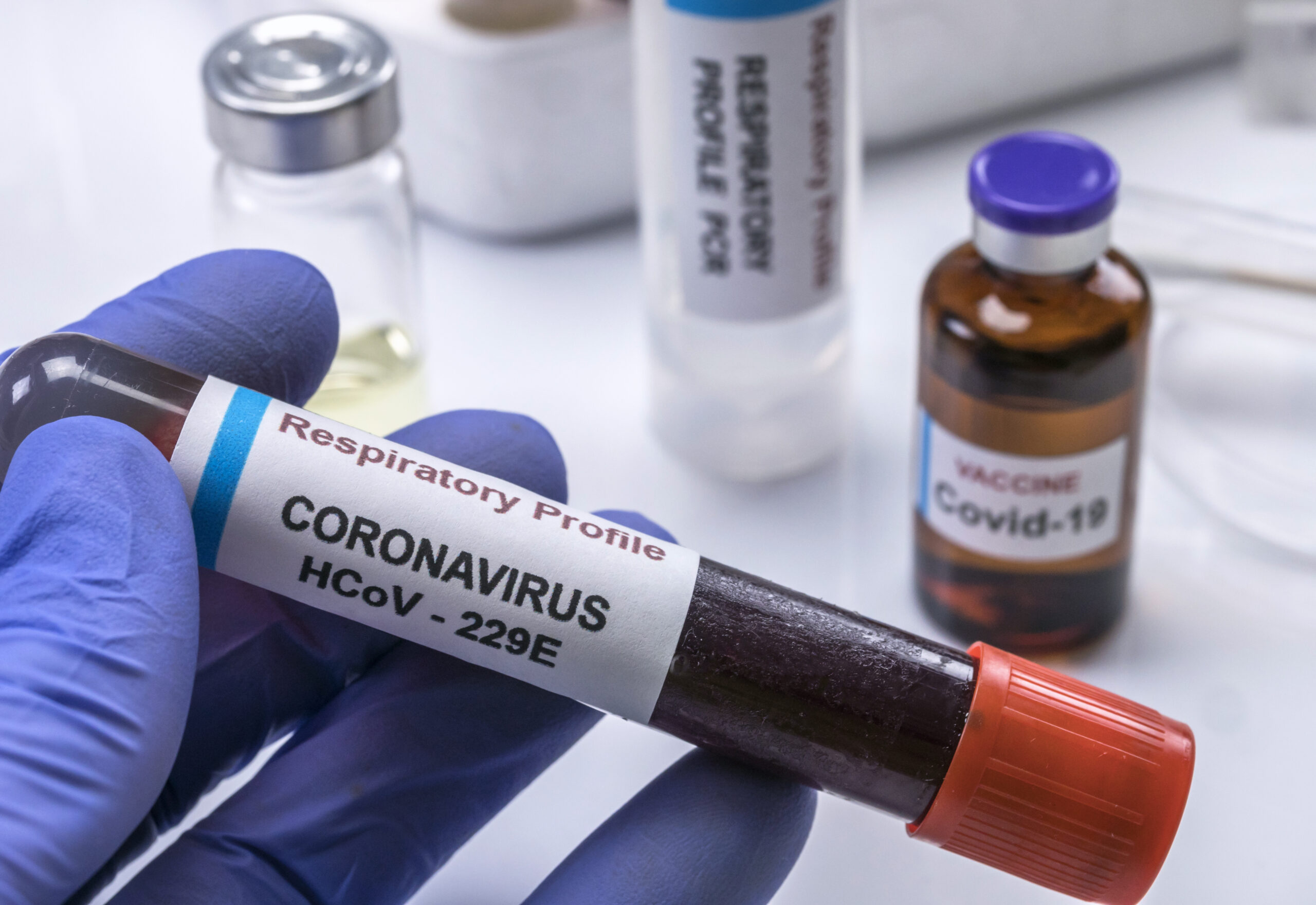NEW DELHI: In the worldwide race to develop a vaccine for the Coronavirus, Indian firms are not far behind. Hyderabad-based Indian Immunologicals is collaborating with Australia’s Griffith University to develop a “lead candidate vaccine” for the virus. Company scientists said they are developing a “live attenuated” vaccine, meaning a weakened strain of the virus which will stimulate a strong response from the body’s immune system. The vaccine is envisaged as a single dose providing lifelong immunity.
The same firm is also working with Griffith University for a vaccine against the Zika virus which hit Rajasthan three years ago, infecting 157 people. That vaccine is currently at “pre-clinical toxicology testing stage”.
The Pune-based Serum Institute of India, the world’s largest vaccine manufacturer by volume, says it has reached the animal clinical stage with its Coronavirus vaccine and could have results in about two months. The institute tied up with the U.S.-based drug research company Codagenix to develop a live attentuated Coronavirus vaccine. It says it has already progressed to the pre-clinical trials phase and is hopeful of hitting the market with the vaccine in 2022.
Zydus Cadilla based in Ahmedabad is trying to develop a “DNA Plasmid Vaccine”. DNA immunization is a novel technique used to efficiently stimulate humoral and cellular immune responses to protein antigens and develop immunity.
Hyderabad-based Bharat Biotech and the U.S.-based FluGen along with scientists at the University of Wisconsin-Madison are testing a unique vaccine against the Coronavirus called CoroFlu. Company CMD Krishna Ella said: “If the govenemnt acts fast and treats it as a national emergency, it should be possible to get the vaccine out in about eight months.”
Ella believes the process will move faster in India since the CoroFlu is based on FluGen’s flu vaccine known as M2SR which is already proven in phase 2 human challenge studies. CoroFlu will be delivered nasally, which follows the path of the coronavirus infection. It is believed that intranasal delivery is more efficient since it induces multiple immune responses.
China, where both the SARS and the Coronavirus originated, is reported to be funding a major vaccine effort. The Hong Kong-based South China Morning Post quoted Zhang Xinmin, director of the China National Centre for Biotechnology Development, in February as saying: “…vaccine development is a priority and we have pulled together all the best units in the country to work towards a breakthrough and to expedite the development of a vaccine.”
Elsewhere, the Coalition for Epidemic Preparedness Innovation (CEPI), a group backed by the Bill & Melinda Gates Foundation, the Wellcome Trust and other investments from other countries, is funding Inovio Pharma, a joint venture of U.S. pharma major Moderna and the US National Institute of Allergy & Infectious Diseases. CEPI wants to see if vaccines for different viruses if developed on the same platform with some adjustments can be applied for the new Coronavirus and reduce the production time.
Experts say it takes about 12 to 18 months to bring a vaccine to trial and one out of every 10 candidate vaccines fail in the trials. Incidentally, according to the World Health Organisation, there are 60 candidate vaccines in various stages of pre-clinical studies.
















